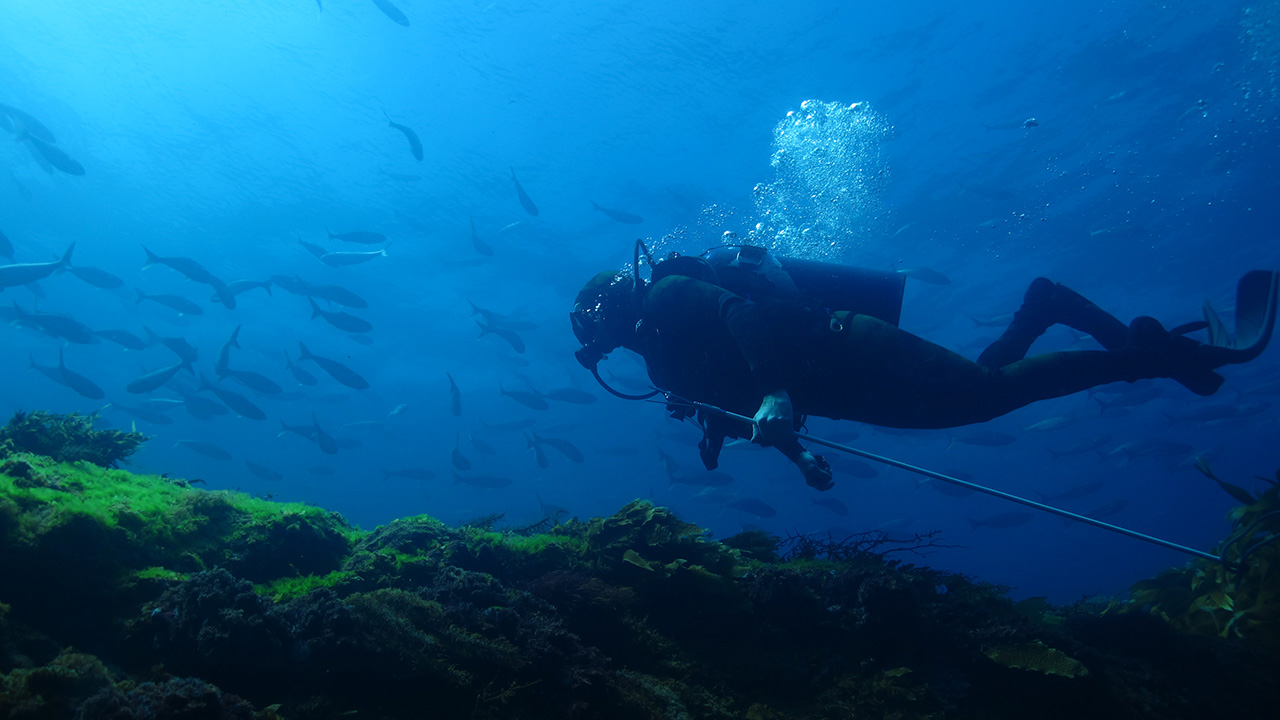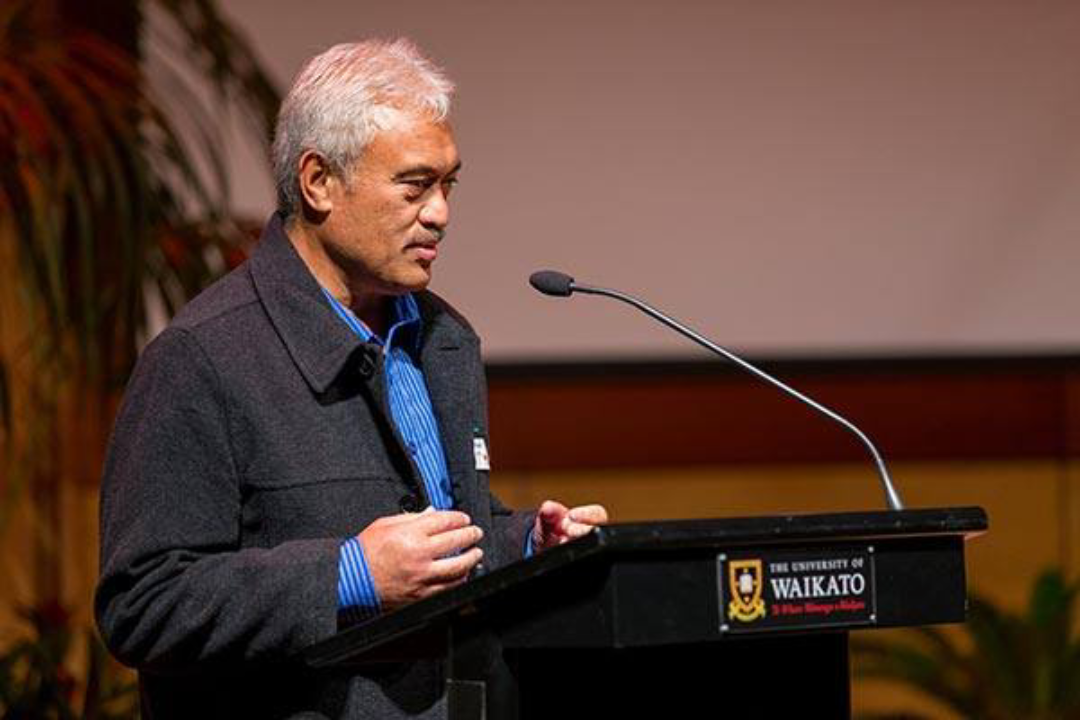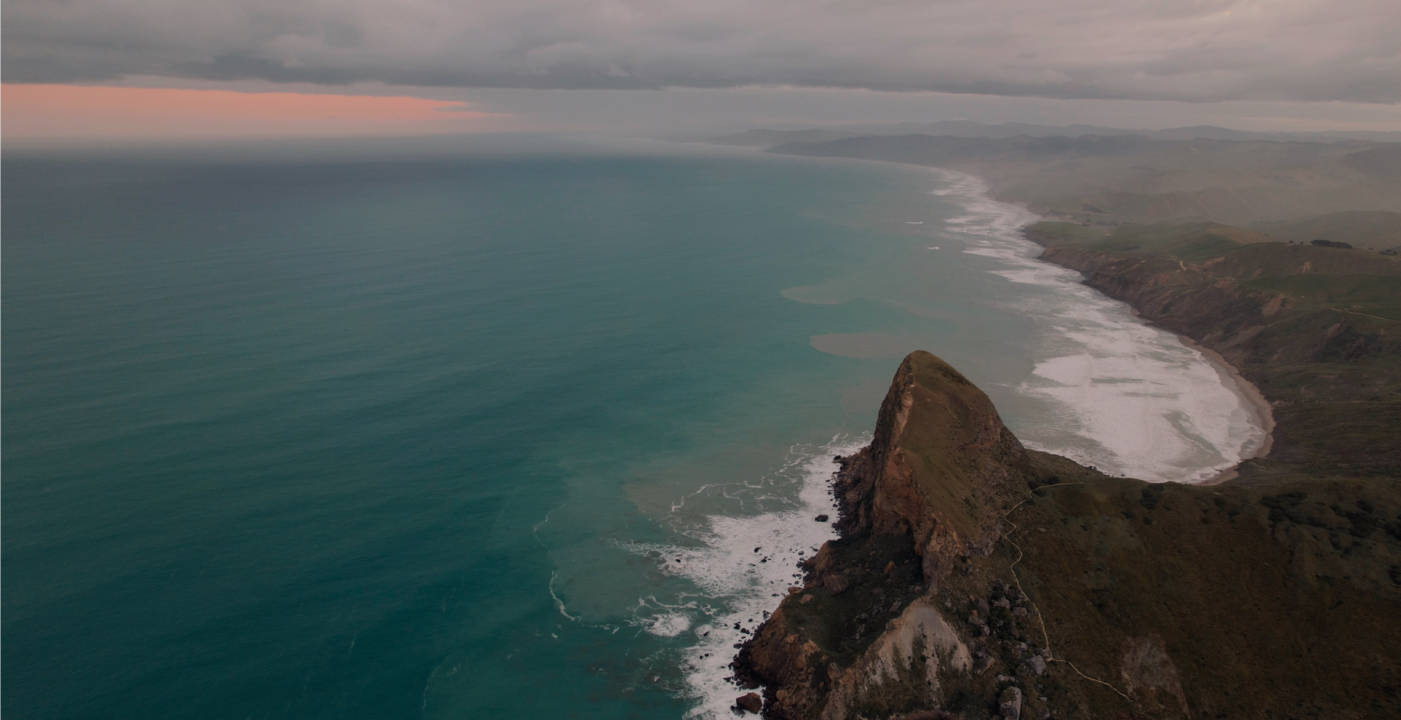From incorporating mātauranga Māori into marine restoration to Xeno Nucleic Acids that could have impacts on cancer research and rock weathering for carbon capture, University of Waikato projects funded in the latest round of MBIE research grants have the potential to change the world.
More than $26M has been awarded to Waikato researchers and their teams from the 2022 Endeavour Fund supporting both Smart Ideas and Research Programmes. Deputy Vice-Chancellor, Research, Professor Bryony James says the funding is a testament to the quality of Waikato research.
“Recognition like this is a tangible acknowledgement of the impact and value of the work our academics and researchers do. This work has such practical implications and couldn’t be done without the support of the wider university and, of course, our collaborative partners around Aotearoa and the world.
“I am incredibly proud of what this says about the University of Waikato and the contribution these projects will make to our people, our places and our future.”
Pou Rāhui, pou tikanga, pou oranga: reigniting the mauri of Tīkapa Moana and Te Moananui-ā-Toi ($13.M)

Lead Investigator Professor Kura Paul-Burke will co-develop pragmatic restoration actions for identified marine taonga species within rāhui areas of five iwi (Ngāti Pāoa, Ngāti Tamaterā, Ngāi Tai ki Tāmaki, Ngāti Hei and Ngāti Rehua Ngāti Wai).
The project will collaborate with iwi to investigate and share localised knowledge based on a mātauranga Māori approach, supporting a deeper understanding of rāhui and existing mātauranga in a contemporary context alongside modern scientific tools.
It also aims to develop capability within the iwi for assessing the need for and implementing and managing rāhui, creating a space for new iwi-led, mātauranga and science-based decision-making and management/restoration of coastal ecosystems.
Toka ākau toitu Kaitiakitanga - building a sustainable future for coastal reef ecosystems ($8.8M)

Professor Chris Battershill is the Lead Investigator on this project, which will incorporate mātauranga Māori in work to improve the health of the coastal environment and contribute to reversing the decline of New Zealand’s kelp ecosystems.
Using test kelp forest beds in four economically, ecologically and culturally important regions, the project will work across three themes to establish pathways into co-management models, test and model variables between and within regions, and assess and evaluate interventions.
The impact will be seen in more resilient rocky reef ecosystems, and the development of sustainable intergenerational management strategies for kaimoana and marine health.
Smart Ideas (each funded for $1m over 3 years)
Enhanced rock weathering for large-scale capture of carbon dioxide in Aotearoa
Dr Terry Isson is investigating the potential for accelerating rock weathering in permanent pasture, with the goal of increasing carbon capture rates and contributing to carbon neutrality in farming.
Spatially mapping galaxiid nests with scent detection dogs and unmanned aerial vehicles
Dr Nicholas Ling will use scent detection dogs and drones to gather data on whitebait spawning areas for the benefit of environmental and fishery management planning.
A ligase-based solution for non-natural nucleic acid synthesis
Dr Adele Williamson is developing a platform for synthesising artificial versions of natural DNA and RNA, or XNAs, which hold the potential to advance biosensing, diagnostics and therapeutics.
Lightweight compliant mechanism robotic grippers for fruit harvesting
Dr Ajit Pal Singh is developing a new generation of fruit harvesting robotic grippers in support of increasing the commercialisation potential of high-value agritech tools from New Zealand.




